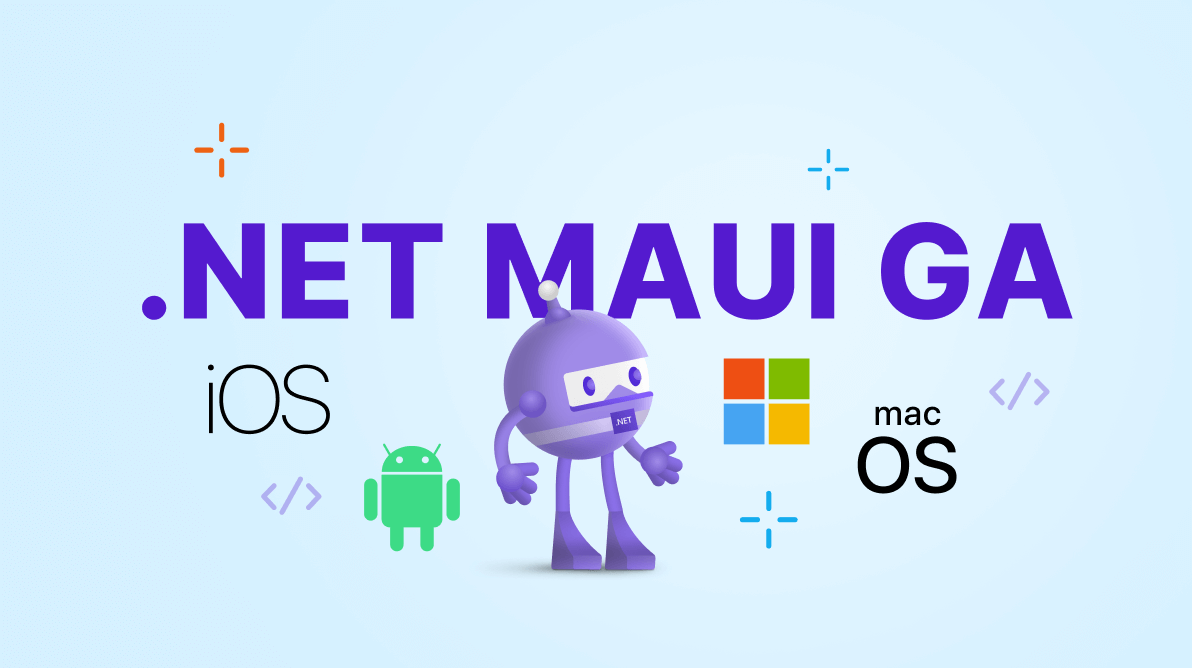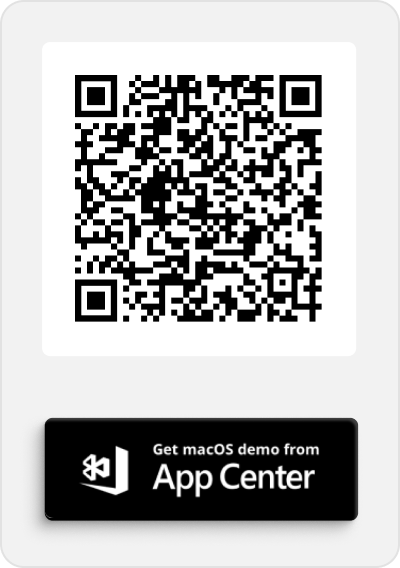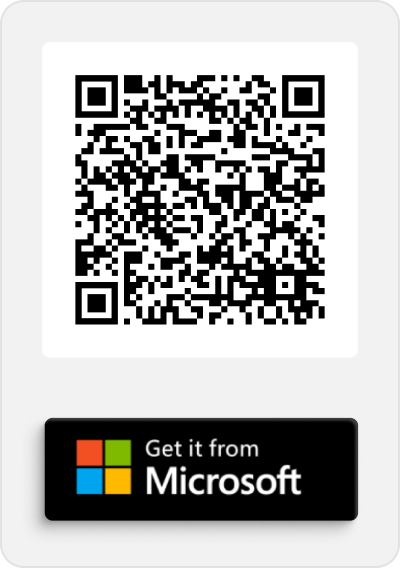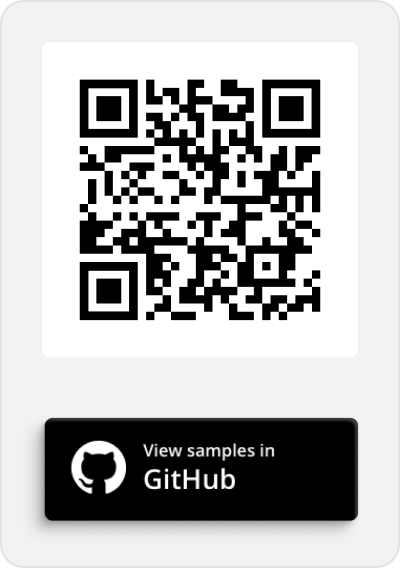The .NET Multi-platform App UI (.NET MAUI) is a cross-platform framework. It helps us to create native mobile and desktop apps with C# and XAML. It’s the latest evolution of Xamarin.Forms. Now, .NET MAUI has reached general availability status for production. This is an important milestone of Microsoft’s Journey to One .NET, enabling developers to use one codebase for many platforms such as Android, iOS, macOS, and Windows.
Build your first .NET MAUI app
Refer to the Build your first .NET MAUI app documentation to get started on your first .NET MAUI app.
Also, you can choose your development devices, such as Android, iOS, and Windows. Right from there, you can dive into installation and building a .NET MAUI app.
Migrating from Xamarin.Forms to .NET MAUI
You don’t need to rewrite your Xamarin code completely for .NET MAUI migration. Just make a few minor code adjustments to each app.
You can also use single-project features without combining all of your Xamarin projects. For more details, refer to the Migrate your app from Xamarin.Forms documentation.
The fundamental differences between Xamarin and .NET MAUI are described in this blog: Xamarin versus .NET MAUI.
.NET MAUI fundamentals and user interface
Like Xamarin, .NET MAUI has all fundamental cross-platform features (such as accessibility, app lifecycle, behaviors, gestures, and templates), user interface features (such as animations, controls, graphics, and theming), and Shell.
Syncfusion Essential Studio® for .NET MAUI
As part of the .NET MAUI journey, Syncfusion rolled out a set of controls and file-format libraries in its last three releases of Essential Studio® (2021 Vol. 3, 2021 Vol. 4 , and 2022 Vol. 1). Also, we are planning to provide several controls in our upcoming releases.

At Syncfusion, we strive to build world-class products that can exceed developer requirements. We are very thankful for your great response to our Xamarin controls. Your support and feedback helped in making our Xamarin controls a market leader.
With the same spirit, we are delivering .NET MAUI controls that will perform even better. Syncfusion .NET MAUI controls are not just ported from Xamarin.Forms. We created most of our controls from scratch to use .NET MAUI platform benefits and several other improvements:
- Handler architecture: Our .NET MAUI controls are made on handler architecture. This architecture is more loosely coupled than Xamarin renderers.
- Designed with graphics library: Our data visualization controls (Charts, Gauge, Scheduler, etc.) were developed using the .NET MAUI graphics library. This results in lightweight controls due to the reduced number of executable lines.
- Improved APIs: We refined our controls’ APIs for better understanding and easy use while customizing them.
- Useful demos with use case examples: Our sample browser is brimming with useful demos along with several use cases. If you meet the exact requirements, you may plug them in to use in your app.
- Performance in mind: We are crafting our .NET MAUI controls while keeping performance in mind in every aspect. We keep improving the performance of our robust controls like Charts, DataGrid, and ListView. Also, we are tuning them on each release to attain our goals.
Also, you can find more details about our .NET MAUI controls in this blog: Syncfusion .NET MAUI Products: Frequently Asked Questions.
Get started with Syncfusion .NET MAUI controls
An excellent place to start would be our comprehensive getting started documentation. Sign up for our free trial to try out our .NET MAUI controls.
You can install our controls package (latest version: 20.1.58- preview) from NuGet Gallery and use it in your app.
Migrating Syncfusion Xamarin.Forms controls to .NET MAUI
We are working to deliver brand-new .NET MAUI controls that can be used in your migrated .NET MAUI projects with minimal breaking changes. In every release, we deliver a new set of .NET MAUI controls. Over time, we will provide all the equivalents to our Xamarin.Forms offering.
Also, refer to the Migration from Xamarin to .NET MAUI documentation for replacing each control in your migrated .NET MAUI app.
Conclusion
Thanks for reading! Now, you can upgrade your Visual Studio to .NET MAUI GA and try our Syncfusion .NET MAUI controls.
If you have any feedback, special requirements, or controls that you’d like to see soon in our .NET MAUI suite, please let us know in the comments section below.
Also, you can contact us through our support forum, support portal, or feedback portal. We are always happy to assist you!






Comments (2)
Will the existing Syncfusion Xamarin controls still be compatible with .NET MAUI, or will there by any kind of compatibility package available? I’m particularly interested in SfTreeView. It’s an important control in our application, and I see that it’s listed as “underway” on the migration page, so I’m wondering if we still have a path to upgrade before the .NET MAUI version of SfTreeView is available.
Any news on the SfTreeView. Our app does not make any sense without a treeview and therefore this keeps me from migrating to MAUI.